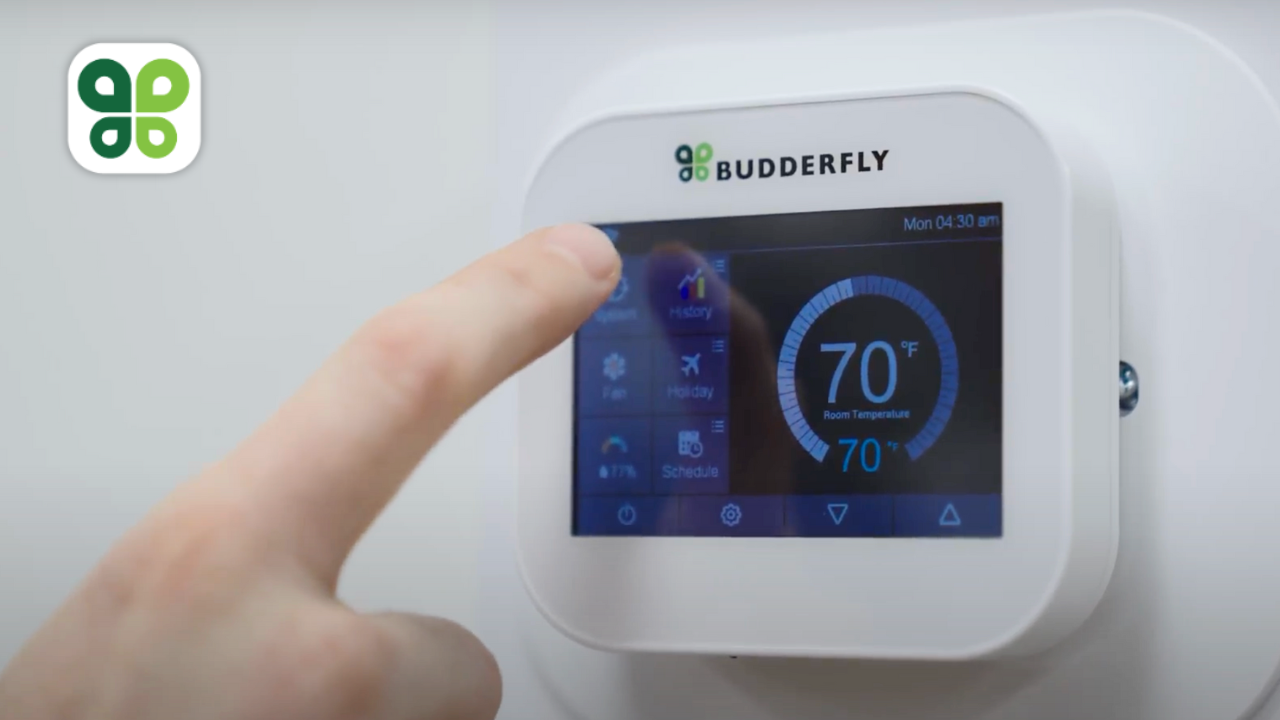
The Increasing Importance of Energy Reliability
As summer heats up, energy reliability is at the forefront of people’s minds across large parts of the United States. Climate change means extreme heat waves are becoming increasingly common, and these weather events often put serious strain on local energy grids. This strain poses a real threat as, especially on hot days, power outages can put thousands of people at risk.
Energy reliability is a term used to describe the ability of a power system to withstand events like a heatwave or other unexpected issues. Improving reliability needs to be a bigger priority across the country, and the best way to do so is to use less energy through improved efficiency and to invest more in renewable power sources. Recent news stories have made this abundantly clear.
In June, Texas experienced a record-breaking heat wave and, as temperatures soared to the triple-digits, 40 million people in the South were under a heat alert.
Heat waves like this present a dilemma: higher temperatures mean people need air conditioning to stay comfortable and safe, yet increased AC usage puts a high strain on the energy grid and makes catastrophic power outages more likely to occur.
Yet during this recent heatwave in Texas, something interesting happened: there were no blackouts. Even more surprising, there were no blackouts even as a high number of power plants that use coal or natural gas went down during the temperature spikes.
The explanation is simple: experts agree that Texas’s solar power supply proved critical in this moment. Texas has doubled it solar power supply since early 2022, and it has become a critical energy supplier this summer. At one peak moment of the June heat wave, wind and solar provided about 35% of the power being used statewide. Without these renewables supplementing the supply, it’s likely dangerous outages would have occurred.
At the same time, Texas citizens were asked to use less energy at certain times of the afternoon to help protect the grid from being overworked. Asking citizens to cut back where possible in a crisis makes sense, but it shines a light on the cruciality of improving energy efficiency across the board.

Heating, ventilation, and air conditioning (HVAC) technology can demand a lot of energy in order to work. But energy efficiency advancements have created new types of units that can significantly reduce the amount of power required without sacrificing performance—or the comfort of our homes and workplaces. There are even new Ultra High Performing HVACs we’re piloting at Budderfly that could reduce the energy used by 70%.
The Biden administration invested millions of dollars in energy efficiency projects around the country. But there’s a lot more work that needs to be done.
There has been a big focus on making homes more energy efficient, but residential buildings only account for 21% of U.S. energy consumption. Commercial and industrial account for more than 50% of energy usage. Energy efficiency improvements need to be considered at every level to make the biggest impact.
Heat waves aren’t going away, and they continue to pose energy supply risks. Even this week, California has issued an emergency watch for its grid as high temperatures increase AC use and energy demand. These types of stories have become all too common.
The less energy we need to keep things running, the less likely we are to strain the grid, even in times of heightened demand. When combined, energy efficiency and renewable sources like solar have the ability to ensure that as we see more and more extreme weather, we can keep the lights on and stay comfortable and safe year round.
